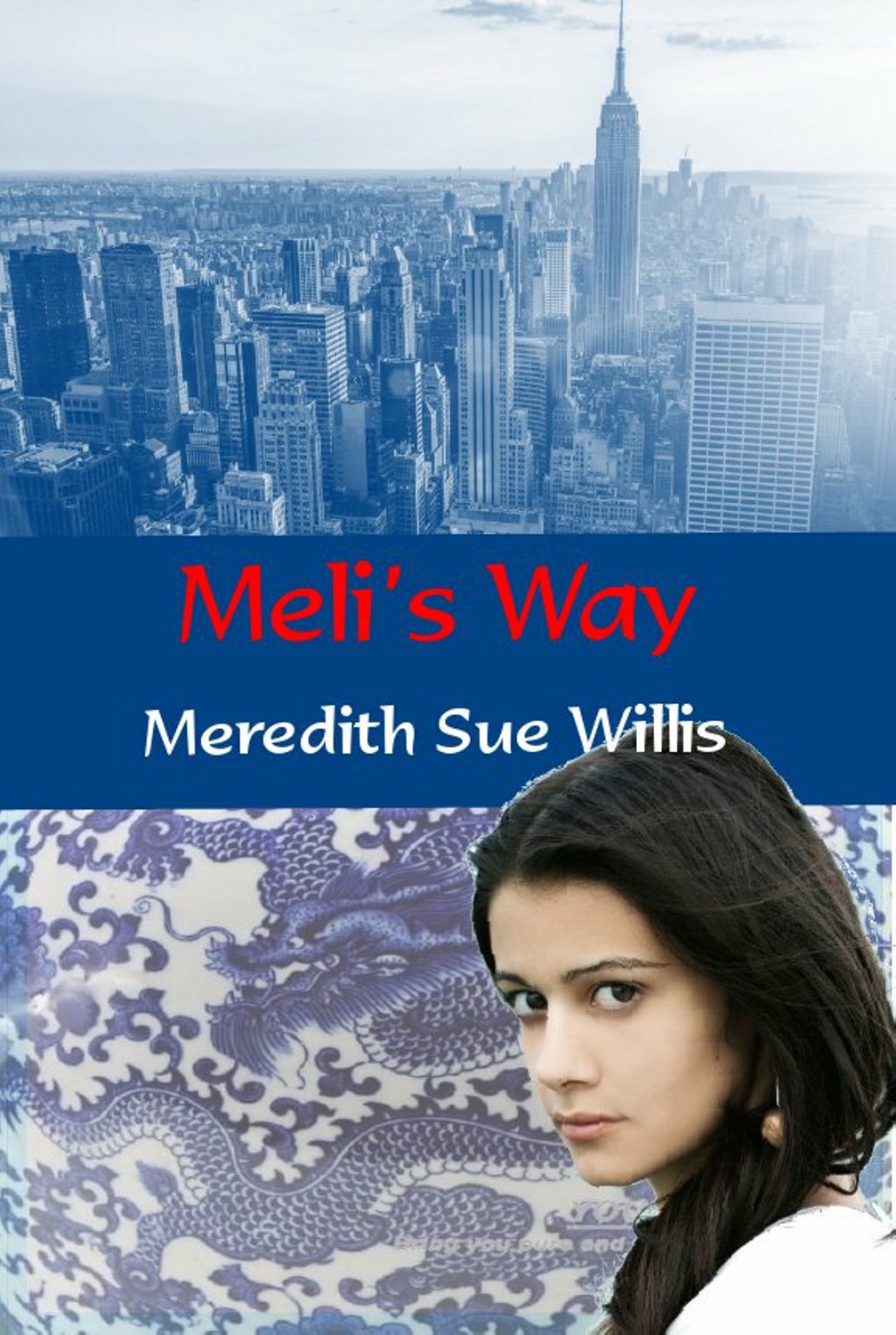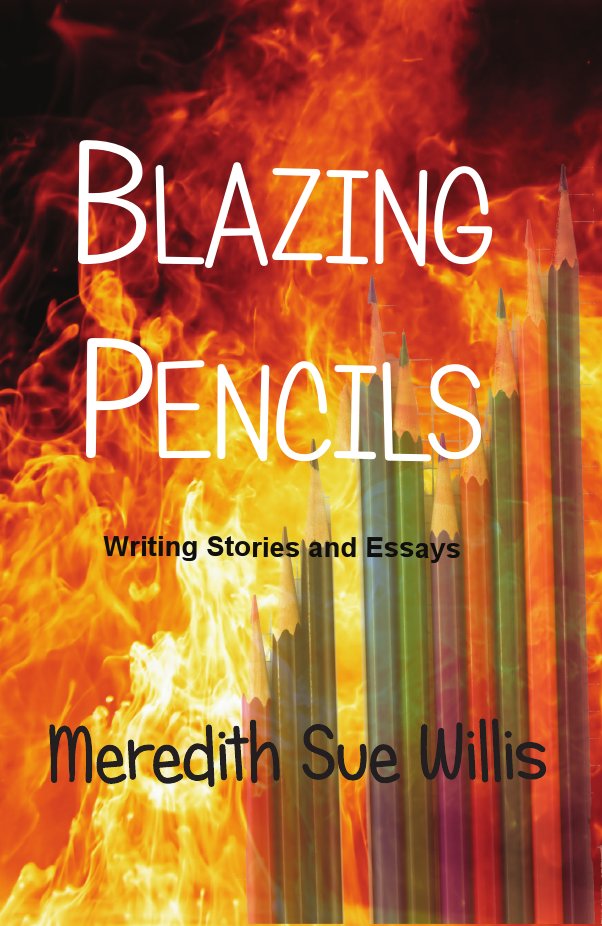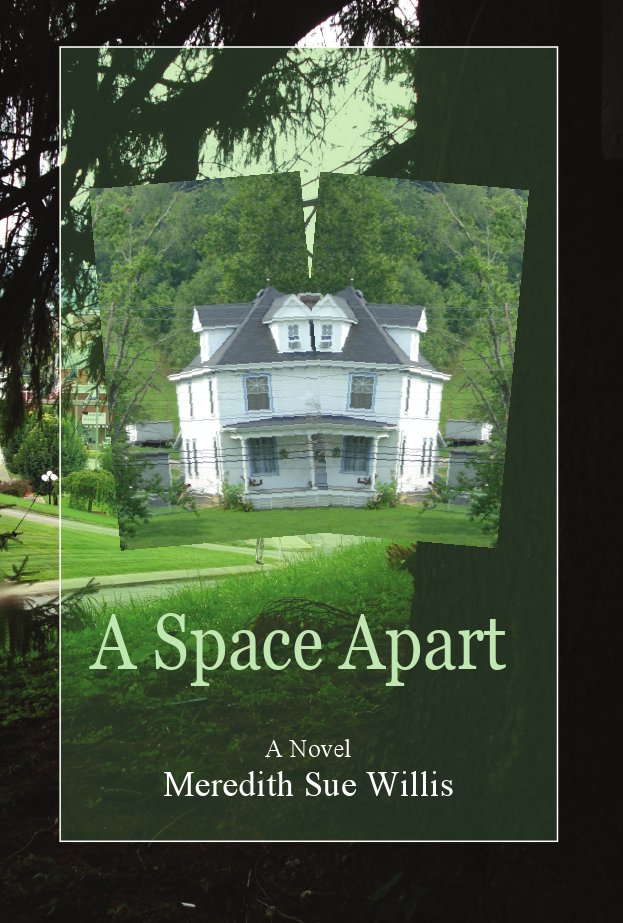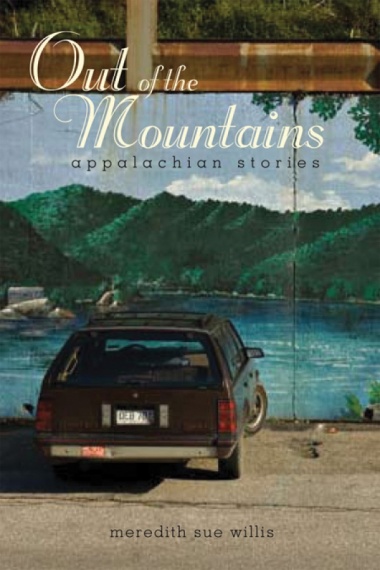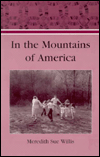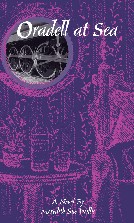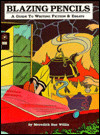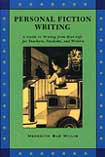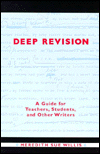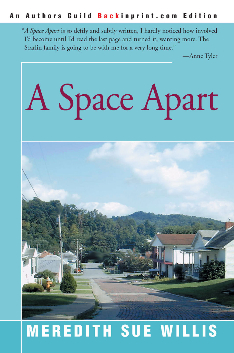Writing Exercises 161-180 are on this page.
Exercises 1- 20
Exercises 21- 40
Exercses 41 - 60
Exercises 61-80
Exercises 81-100
Exercises 101 - 120
Exercises 121 - 140
Exercises 141 - 160
Exercises 161 - 180
Exercises 181 - 200
Exercises 201 - 240
Exercises 241 - 260
Exercises 261 - 300
Exercises 301 - 330
For writing exercises for kids, click here.
For teens, begin here.
Exercise # 161
Try a description of a real person or a character using the pattern Anthony Trollope (photograph below) used to use
in his character sketches. Trollope was a Victorian British writer who wrote wonderfully popular books full of heroic and cruel and hilarious people from all walks of life. For an example, see Mr. Slope, a clergyman:.
Begin by describing something something positive, then undercut it with a negative detail-- or a negative interpretation of the positive one. Perhaps the flowery perfume masks bad teeth and a nasty attitude...
Then, do the same thing but opposite: describe someone who is, on the surface, not very attractive, but as the description goes on, lots of good characteristics are revealed: a kindly smile, delicious treats in the pocket of the old fashioned apron, etc.
Exercise # 162
PIck two people-- two characters-- and have one observe the other. Write in some detail: the person's concrete observations, and their internal musings about the person they are observing..
Then, switch observers. Do the same thing, but have the obseervee become the observer.
Anthony Burgess once said that he always began a novel by drafting
sixty pages of dialogue– no “he-saids-she-saids” or other tags, no narrative, no description, just the words said. After his characters had talked for sixty pages, he would, he said, discard the entire sixty pages and start to write. I’ve never been sure I believe that he actually threw away all those pages, but the technique seemed to work for getting him started.
Try this: Do a directed free write with a kitchen timer set for fifteen minutes. Start with some words of conversation you have overheard or participated in. They can be totally ordinary, even boring. But keep writing, and adding more dialogue, maybe more speakers, more drama. But keep them just talking for the full fifteen minutes.
Exercise # 164
It's that vacation time of year. Put yourself in imagination (
or the main character in your novel if that's what you're working on, or any character you've considered writing about) in an extremely relaxing position: on the beach, on the back porch, or-- quintessentially! -- in the hammock Let your character or yourself go into a daydream state, a reverie, and write the thoughts. Begin with some physical description of the place, go into the reverie, and then-- follow wherever it leads.
Exercise # 165
Try writing a short scene in the form of some explicit written communication: an exchange of letters or emails (or even tweets). You could also try the transcription of a phone conversation. Later, look over what you wrote. Write it again as fictional dialogue with tags and gestures and descriptions. Which way do you like it best?
Exercise # 166
Write about the weather in a place familar to you, or a setting in your novel. Over-write this a little, maybe describing the Santa Ana winds of Southern California in the fall or the punishing humidity that can settle in the East– something like “dampness like a giant gray chicken settling over us all so that breathing seems slow, movement like walking underwater...” What does this specific weather change? In a novel, might a character be languid and slow to do something important- and miss the chance?
Write a second time, with different weather– on the East Coast, the humidity lifts. How different does it feel? What happens that is different?
Exercise # 167
I'm writing this on Labor Day week-end. Choose some national (rather than religious) holiday and write a family story or memoir piece in which a family is having a typical enjoyable holiday. Then, bring in some person-- a relative they haven't seen for a long time, an unwelcome boyfriend or girlfriend, a ghost-- and give the piece some conflict.
Exercise # 168
A friend comes to you (or a friend comes to the main character in a novel or story) and over tea or drinks tells you something about herself or himself that changes everything-- how you look at your friend, how you look at your own relationships....
Exercise # 169
Imagine a conversation between two people who used to be close (school mates? neighbors? lovers?) but over time, their views of the world have diverged. Perhaps one is a Zionist, one an anti-Zionist, one has become politically engaged in liberal causes, one in conservative ones. Have the disagreement be something you are personally serious about, but it doesn't have to be political: maybe one person has become a born again Christian, the other hasn't. Write the discovering of the newly discovered gap between them What happens? Try to present both people's point of view favorably.
Exercise # 170
Think about someone at work/school whom you've never spoken to and write about a typical night in his/her life.
-- Thanks to Mandy Kaufman
Exercise # 171
You are sitting in a coffee shop and overhear the argument next door. How did they get there or where will they go?
-- Thanks to Katrina Dudley
Exercise # 172
Write a piece with Halloween in it. This could be a memory of a real Halloween experience, good or bad, or an incident or story in which someone is going about ordinary business (going home from work? a fight with a beloved?) when trick-or-treaters suddenly appear, or the person falls inadvertently into a Halloween parade-- or anything else. Just include Halloween (or All Souls Day or Dia De los Muertos) in the piece somewhere.
Exercise # 173
.
In a couple of sentences, summarize a time when you or someone you observed suffered an injustice. Childhood is one source of this king of writing-- a child and teacher, a child and a bully-- but any injustice works.
Then, write the scene more fully, with dialogue and description and son on, but do it from the point of view of the person you perceived as doing the wrong.
Exercise # 174
Take a look at an interesting example of flashback by Binnie Kirshenbaum. Read the introduction and the passage, and then write something of your own using the same form: First something that happens repeatedly, almost always the same, perhaps boring, and during the repeated thing or just before it, have a character flash back to some outstanding event.
Exercise # 175
Okay-- here it comes! Put a turkey in some piece of writing you are working on! It can be a Thanksgiving Feast turkey or a wild turkey or a bottle of Wild Turkey-- anything you want to meet the challenge!
Exercise # 176
Write a scene in which music plays a part. It might be internal (what is the favorite music of your main character?). It might be part of a conflict (two characters appreciate different kinds of music).
Exercise # 177
Write an incident in which New Year's Resolutions plays a part. Perhaps you can think of a time when you debated what to resolve, or when you failed to keep your pledge ten minutes after midnight? Can you turn this into a story in which the pledge is important to a plot or a relationship. This might lend itself to humor.
Exercise # 178
Write a passage or scene which begins with someone describing a trip they took to a foreign country. The listener can be thrilled or
bored. The speaker can be witty or tedious or giving coded instructions. If you need to do a little research to discover some information about the country being spoken of, do it.
Is the speaker talking about attending a wonderful braai in South Africa? Are they telling of unpleasant experiences in airports? Of the thrill of standing in the Colosseum in Rome? Of the time their watch was ripped off their arm as they were driving in the great foreign metropolis? Let the scene go on from that beginning, if you choose.
Exercise # 179
I often encourage students to dramatize their writing with quoted dialogue. There can also, however, be passages with no quoted dialogue at all--I don't mean narration or summary, but actual dramatized scenes. Look at this sample by the Old Mistress Jane Austen from Chapter Six of Sense and Sensibility.
Conversation, however, was not wanted, for Sir John was very chatty, and Lady Middleton had taken the wise precaution of bringing with her their eldest child, a fine little boy about six years old, by which means there was one subject always to be recurred to by the ladies in case of extremity, for they had to inquire his name and age, admire his beauty, and ask him questions, which his mother answered for him, while he hung about her, and held down his head, to the great surprise of her ladyship, who wondered at his being so shy before company, as he could
make noise enough at home. On every formal visit a child ought to be of the party by way of provision for discourse. In the present case it took up ten minutes to determine whether the boy were most like his father or mother, and in what particular he resembled either; for of course everybody differed, and everybody was astonished at the opinion of the others.
Now try writing a scene of your own in imitation of the Austen paragraph-- not in style, but by writing an active, busy scene with several people and all the dialogue given indirectly.
Exercise # 180
I did an author's visit on Friday to a school in Red Hook, Brooklyn. Even though I lived less than a mile from there for several years, and then in another apartment not much further away in another direction, I never went to Red Hook.
Maybe it was the name.
Think of the name of a place you've never been (and feel free to use Red Hook!). Do a directed free write, beginning with the name of the place. That is, set a timer for ten minutes, and then write steadily, without stopping until the bell rings, beginning with that place name. Imagine what the place is like based on its name alone.
Subscribe to Meredith Sue Willis's
Free Newsletter
for Readers and Writers:
Send email to MSW
New Book Deal!
Special Price on Meredith Sue Willis's new book of stories from myths and other stories: Re-Visions. Regular Price $14.95 plus S&H now $13.00 plus S&H.

Click on the Book or here.
Re-visions: Stories from Stories is a collection of spin-offs from myth, fiction, and the Bible. From a new look at Adam and Eve and why they left the Garden to a grown-up Topsy from Uncle Tom's Cabin to the confessions of SaintAugustine's concubine- each story offers a gloss on the original as well as insights into how we canlive today.
Photos found on the various pages of this web site may be used by anyone,
but please attribute the source when it is specified.
This work is licensed under a Creative Commons Attribution-NonCommercial-ShareAlike 3.0 Unported License.





